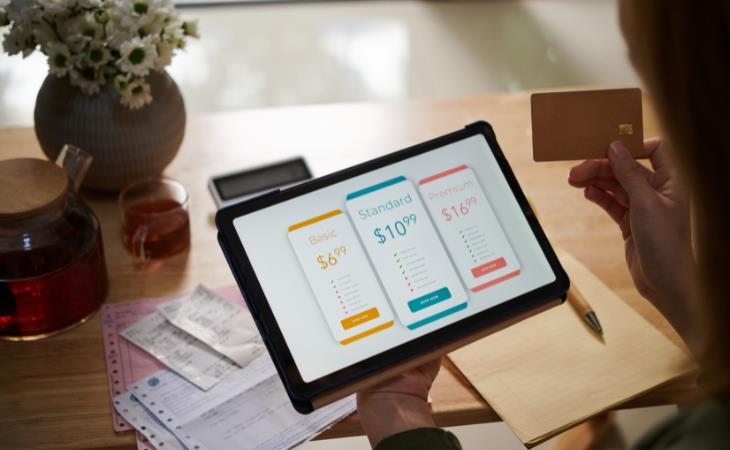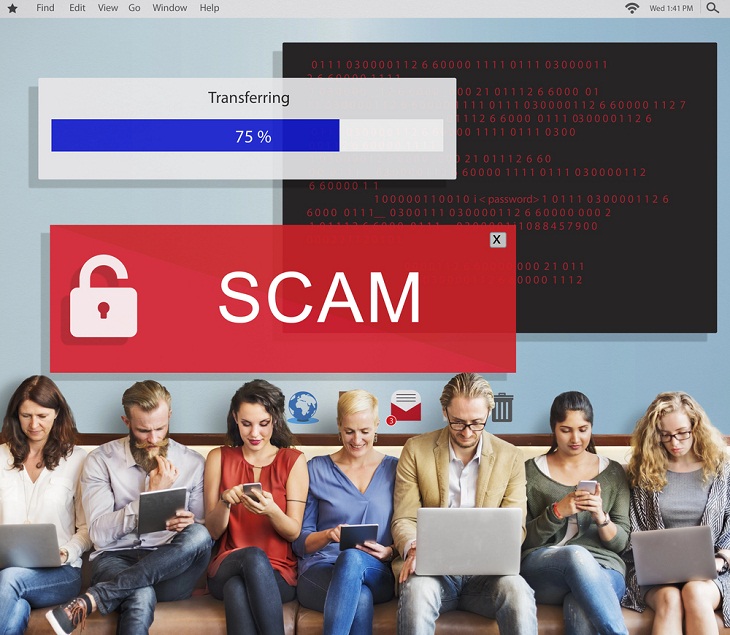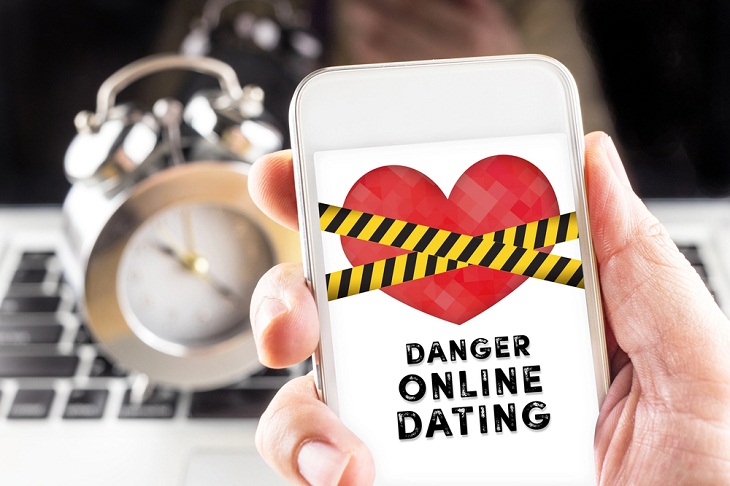These ads promise amazing deals that seem unreal. You might see a luxury watch for 90% off or a free vacation, but if it sounds too fantastic, it probably is! Scammers lure you in with these offers to grab your attention and some of your cash.
Always research any deal you come across that’s way below market price. If it's unbelievable, it’s worth putting on your “scam radar.”
2. Fake celebrity endorsements
Scammers love using images of celebrities to make their ads more credible. They might claim a famous person is endorsing a product or offering a giveaway. Check if the celebrity has actually made such a post or if it’s just a stolen photo. Legitimate endorsements usually link back to official accounts.
3. Phony giveaways

“Congratulations, you’ve won!” Sound familiar? Ads that claim you’ve won something, or are giving away high-end items for free, often lead to phishing sites. They usually ask for personal information like your address or credit card details in exchange for your “prize.” Legit giveaways won’t require sensitive info upfront, so always be cautious.
4. Subscription traps
These ads lure you in with a free trial or a seemingly low-cost subscription. After signing up, you may find yourself unknowingly locked into expensive monthly payments. Always read the fine print before committing to a trial. If you notice confusing terms or hidden fees, it’s a red flag. Legitimate companies will make their subscription terms clear, so always ensure you know what you’re signing up for!
5. Phishing links
Phishing scams are rampant on social media. You might receive a message with a link that claims you’ve won something or need to verify your account. Or you might come across an ad claiming the same on some social media site. Clicking on such links can lead to malicious websites designed to steal your personal information. Always be cautious about clicking on unknown links, especially if they come from unfamiliar accounts. When in doubt, go straight to the official site instead of following the link.
6. Impersonation ads
These ads mimic legitimate businesses, with fake websites or social media pages that appear to be genuine. They often target well-known brands, making it hard to tell the difference. Before clicking or buying, make sure you’re dealing with the official account by looking for verified badges or searching for the company directly.
7. Romance scams
These are particularly heart-wrenching. Scammers create fake profiles to build romantic relationships, only to eventually ask for money or personal information. They might claim they need funds for travel, medical bills, or other emergencies. Be cautious of new connections who quickly express deep feelings and avoid sharing financial details.
8. Social media quizzes
Ever come across a fun quiz that promises to reveal something about your personality? While many are harmless, some are designed to gather your personal information. Scammers may use these quizzes to collect data for phishing or identity theft. If a quiz requires you to provide sensitive info, like your phone number or email, it’s best to skip it. Stick to reputable sources and always be cautious about what info you share online!
9. Investment/crypto scams
With the rise of cryptocurrency, investment scams have flourished. Ads may promise guaranteed returns or insider strategies that promise to double your investment overnight. Often, these scams are too good to be true and lead to financial loss. Always conduct thorough research before investing in any scheme. Remember, legitimate investments won’t promise quick returns and will involve inherent risks. Don’t let the promise of quick riches push you into making hasty decisions!
What to do when you encounter a scam ad on social media

If you come across a scam ad, don’t panic. Here’s what you should do:
1. Don’t click: First and foremost, resist the urge to click on the ad. Even a quick tap can lead to trouble, like downloading malware or being redirected to a phishing site.
2. Report it: Most social media platforms have options to report suspicious ads. Look for the "Report" or "Flag" button, usually found near the ad. Select the appropriate reason, like "Scam" or "Phishing."
Related: 7 Common Bank Scams and How to Avoid Them
3. Block the advertiser: If you can identify the advertiser, block them to prevent seeing more of their content. This helps keep your feed clean and reduces the risk of exposure.
4. Warn others: Share your experience with friends and family. A quick message or post can help them avoid the same scam. Awareness is key to staying safe.
5. Check your accounts: If you think you might have fallen for the scam, check your bank and credit card statements for any unauthorized transactions. Consider changing your passwords and enabling two-factor authentication for added security.







